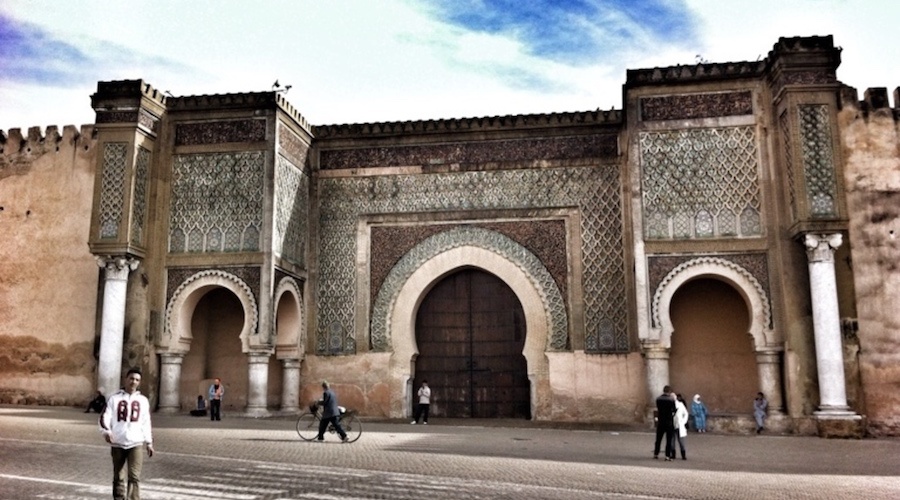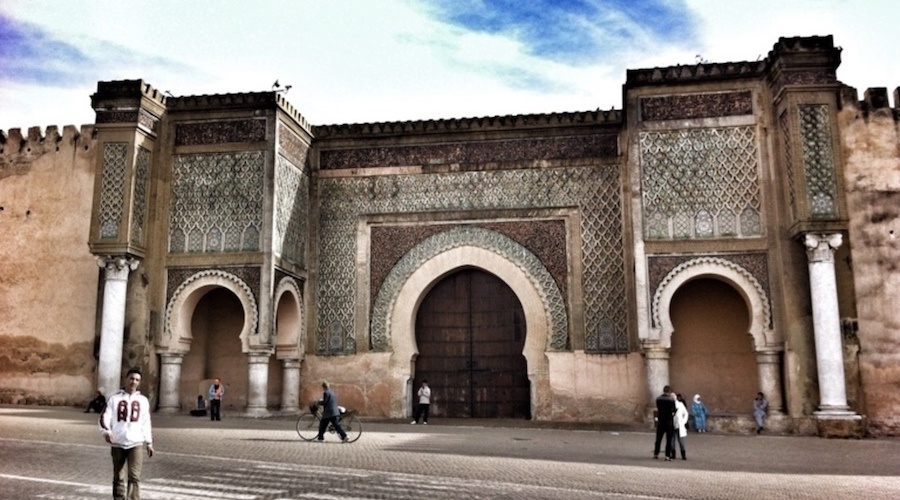Why do Middle East startups ignore Maghreb?

What does a person in Doha have in common with a person in Tunis? Not much, especially when it comes to online services.
As much as media, business people, and Wamda love the concept of MENA region, it can’t be denied that the Middle East and Maghreb, the French-speaking countries of North Africa, have very different ecosystems.
Of the 16 MENA startups Wamda valued at over $100 million, only two, Careem and Propertyfinder, are active in Maghreb. Dubizzle tried and shut down operations in 2013. Rocket Internet chose to launch its African brands in Maghreb and to create specific brands for the Middle East.

Everybody wants to believe in MENA
Since it was created in 2012 in Dubai, taxi-hailing service Careem has expanded organically to the UAE, Lebanon, Egypt, Saudi, GCC, Qatar, Kuwait. For Morocco and another Middle East outsider, Pakistan, they chose another strategy: acquisition.
Careem ventured in Maghreb in August 2015 when they acquired Moroccan competitor Taxiii. In Pakistan they bought out local venture Savaree.
“Morocco is a significant part of MENA, both in terms of size and in its cultural links with the rest of the region,” said Careem’s managing director Abdulla Elyas. “And since our aspiration is to be the leading car booking service in MENA, we had to be in Morocco. It was just a matter of timing.”
Arab accelerator Flat6labs also has a MENA vision. Launched in 2011 in Egypt, Flat6labs is present in Jeddah, Abu Dhabi, and Beirut. In June, they announced their first program in Tunisia.
“We will be bridging the gaps for Maghreb entrepreneurs looking to expand to the Middle East and vice versa,” Flat6labs CEO Ramez Mohamed told Wamda.
When we mention Maghreb to Middle East entrepreneurs, they usually say that they’re very interested in this market, but so far few have actually gone west.
And there’s one reason for that: “Geography!” Payfort CEO Omar Soudodi told Wamda.
Payfort, the leading online payment service providers in the Arab region, is based in Dubai. They have six offices spread over the GCC and Cairo. For them the reasoning was easy: Qatar is 40 minutes away from Dubai and “the Kuwaiti market is the size of the Moroccan market”, so why bother taking an eight hour flight to Morocco when you have so much potential next door?
“Eventually we will go to Morocco,” he said.

It’s a different culture, a different market
Distance is not the only issue, the culture and socio-economic systems are too.
“When we first launched Careem, we focused on securing the markets in the GCC as this was more relevant in terms of a culture and supply model,” said Elyas from Careem.
Payfort’s Soudodi said Tunisians, Moroccans and Algerians spoke different languages, either French or very distinct Arabic dialects, and had different buying behaviors one of which was buying from French websites instead of Arab ones.
The regulations are very different as well. In all three countries the legal system is based on the French one and money is not convertible, which means purchases in foreign currencies, whether done while traveling abroad or on international websites, are limited by the authorities.
Because of that, companies looking to start operations in the Maghreb need to set up an entire new entity in those countries to do business, and can’t transfer money from one country to another with ease.
“It’s not a typical market especially for online payments, there’s a lot of restrictions on foreign card usages,” said Soudodi.
It wasn’t ready
And then there’s a matter of market opportunities.
Overall, Maghreb economies are behind those in the Middle East in terms of GDP growth, and the digital market is no exception.
For Flat6labs, the startup ecosystem lags the more sophisticated structures seen in the GCC, Levant and in Egypt.
“We didn’t plan our expansion by a timeline or according to a certain preference. It was merely based on the status of each startup ecosystem we aspire to open in and the active support from our local partners in each location,” said Mohamed.
How can we make this happen?
Middle East and Maghrebi entrepreneurs see each other as foreign markets, only slightly easier to enter than Asia or Europe.
“I believe it will mostly happen organically as the good entrepreneurs chase the capital, growth opportunities and talent across the MENA region,” said Flat6labs’ Mohamed.
But as with any market, having the right trade and networking organizations to open doors will help.
“With the right platforms and networks, like Flat6labs, this could be expedited and catalyzed quickly and effectively. Mainly by building a direct connection between Maghreb entrepreneurs and mentors, talent, investors and business opportunities from the rest of the region,” he said.


